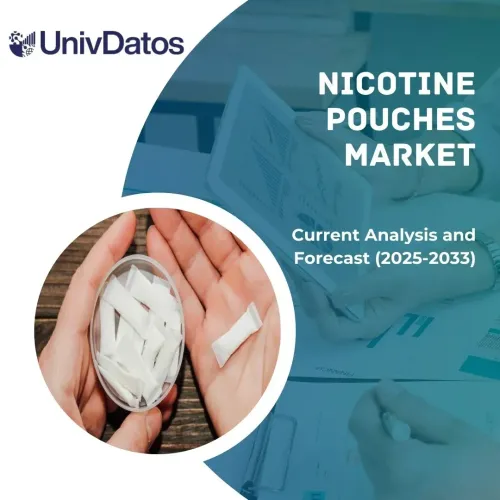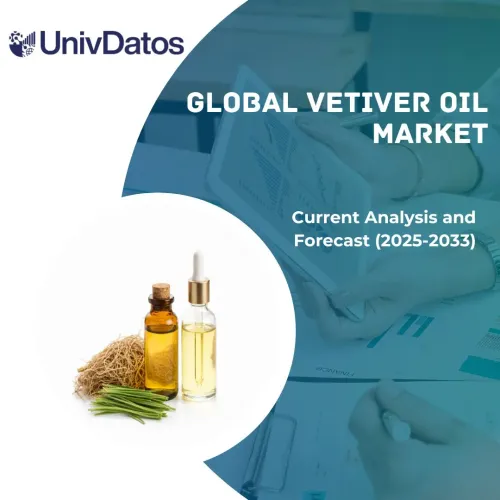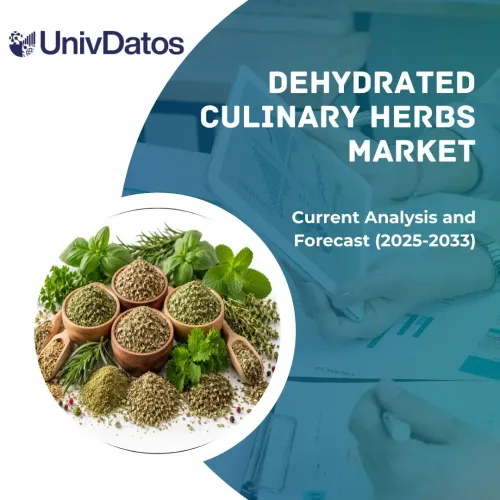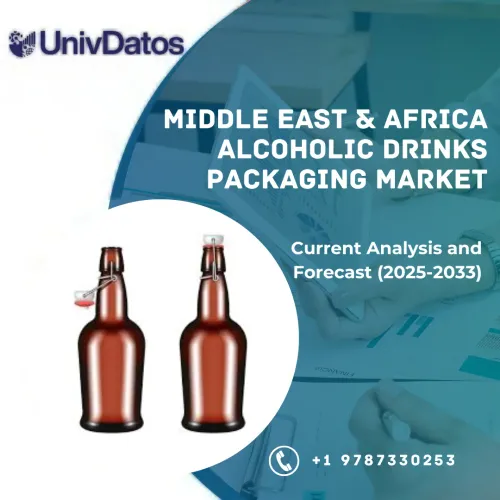- Startseite
- Über uns
- Industrie
- Dienstleistungen
- Lesen
- Kontaktieren Sie uns
Markt für trinkfertige Cocktails: Aktuelle Analyse und Prognose (2024-2032)
Schwerpunkt auf Art (Malzbasis, Spirituosenbasis und Weinbasis); Verpackung (Flaschen und Dosen); Vertriebskanal (SB-Warenhäuser/Supermärkte, Online und Spirituosengeschäfte); und Region/Land
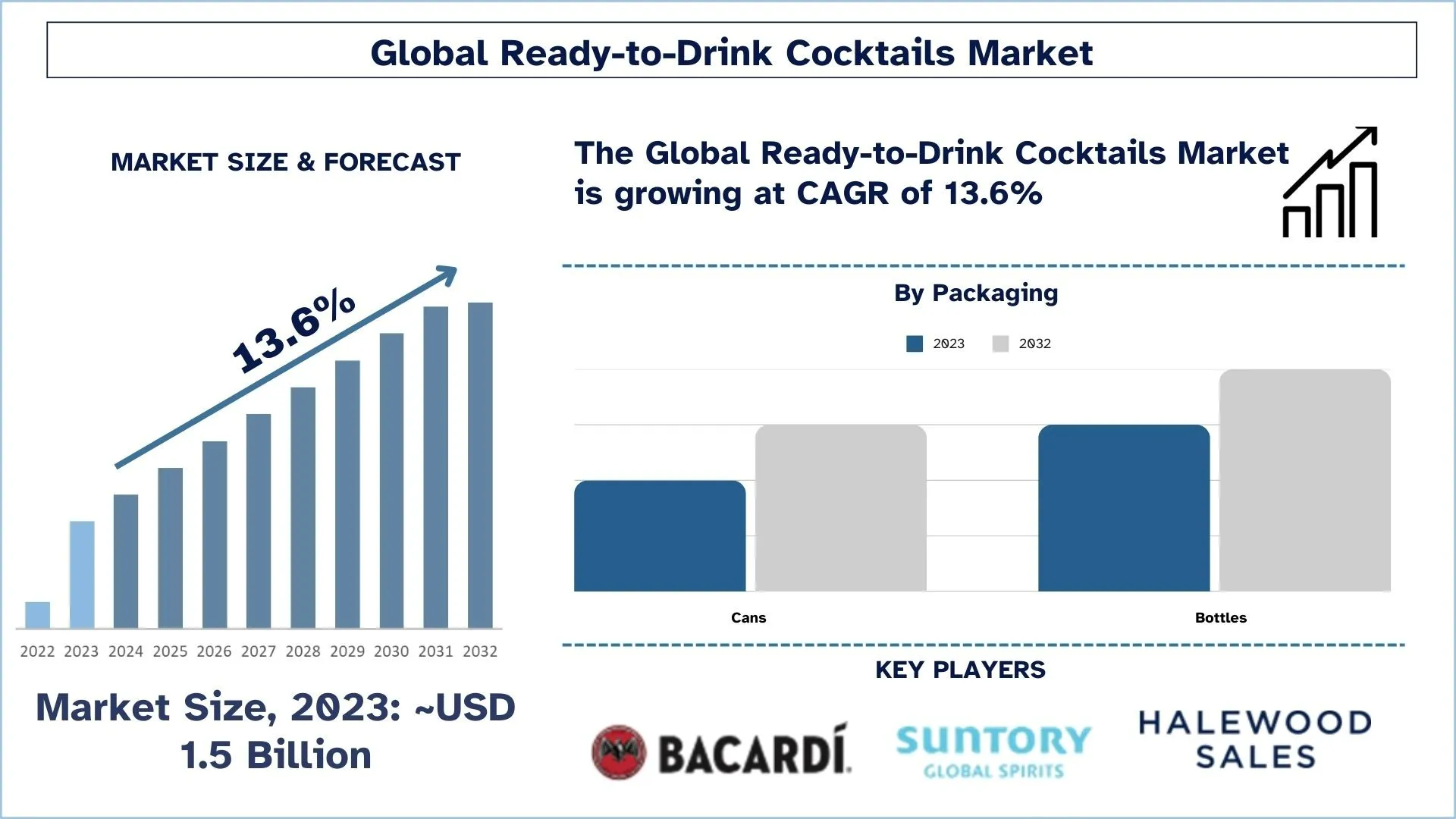
Ready-to-Drink Cocktails Marktgröße & Prognose
Der globale Ready-to-Drink-Cocktailmarkt wurde im Jahr 2023 auf 1,5 Milliarden USD geschätzt und wird voraussichtlich mit einer starken CAGR von rund 13,6 % im Prognosezeitraum (2024-2032) wachsen, da Marken mit exotischen Früchten, pflanzlichen Stoffen und globalen Cocktailrezepten experimentieren, um Geschmacksprofile zu verbessern und abenteuerlustige Verbraucher anzuziehen.
Ready-to-Drink Cocktails Marktanalyse
Der Markt für Ready-to-Drink (RTD)-Cocktails expandiert weltweit weiter, da die Verbraucher zunehmend hochwertige Convenience-Produkte mit einer großen Auswahl an Geschmacksrichtungen wünschen. RTD-Cocktails dienen als praktische Alternative zur herkömmlichen Mixologie, da die Menschen heutzutage weniger Zeit haben und es vorziehen, Gäste zu Hause zu unterhalten. Der Markt wächst durch kontinuierliche Innovationen in der Geschmacksgestaltung und den Verpackungsmethoden sowie durch neue Zutaten, die den Geschmack gesundheitsbewusster Kunden nach zuckerarmen, kalorienarmen und biologischen Optionen unterstützen. E-Commerce- und digitale Werbeinitiativen haben den Zugang zu RTD-Cocktails vereinfacht, sodass die Umsätze in verschiedenen Bevölkerungsgruppen auf der ganzen Welt gestiegen sind.
Globale Ready-to-Drink Cocktails Markttrends
Dieser Abschnitt erörtert die wichtigsten Markttrends, die die verschiedenen Segmente des globalen Ready-to-Drink Cocktails-Marktes beeinflussen, wie unser Forschungsteam herausgefunden hat.
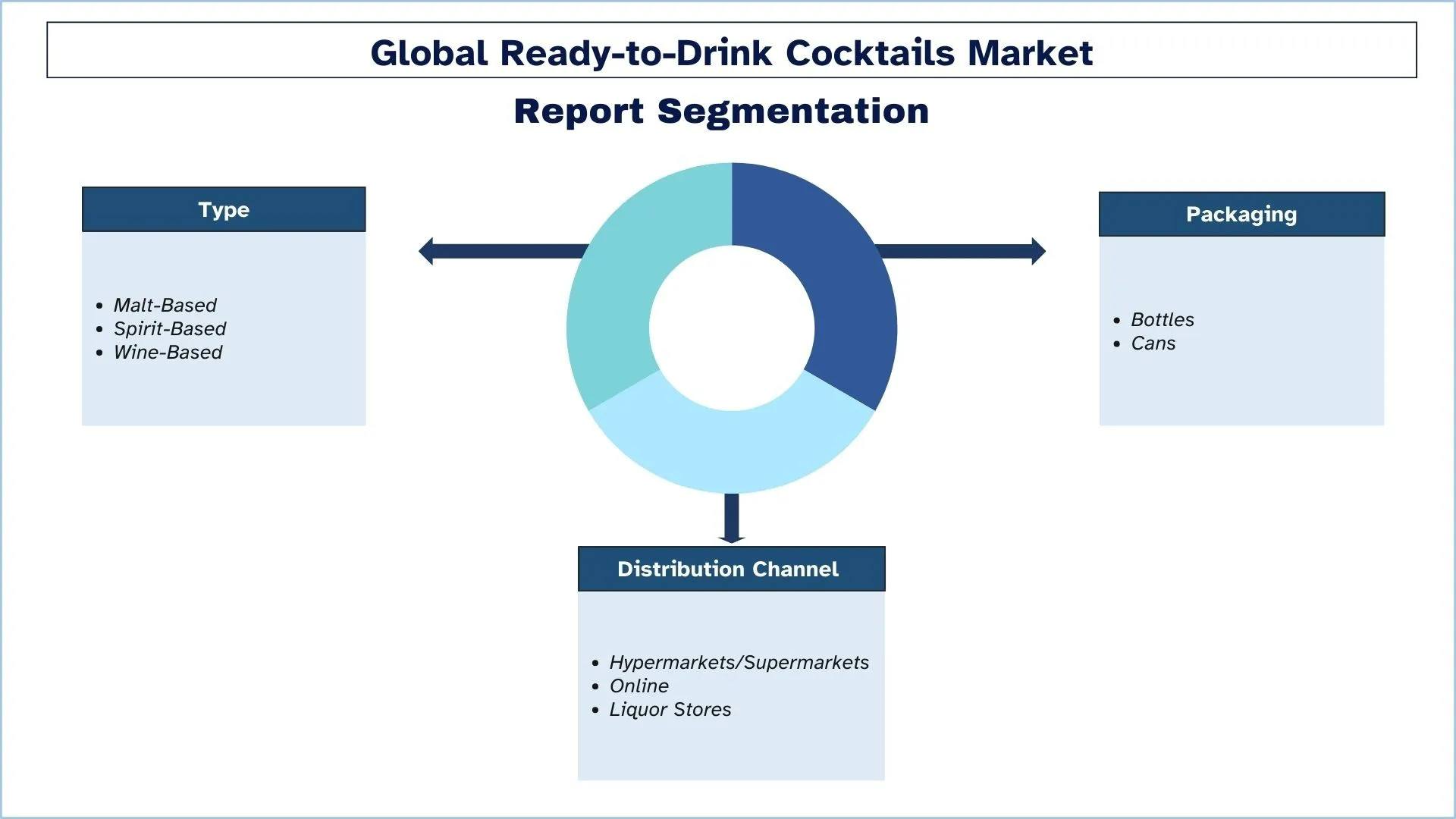
Zunahme von Home Entertaining
Die zunehmende Beliebtheit der Gastfreundschaft zu Hause hat eine starke Nachfrage nach Ready-to-Drink (RTD)-Cocktails geschaffen, da die Menschen hochwertige Getränke wünschen, die ein barähnliches Erlebnis bieten, ohne dass Zutaten zubereitet werden müssen. RTD-Cocktails haben sich seit der Pandemie zu einer einfachen Lösung für Feiern zu Hause entwickelt, da sie Getränkeoptionen bieten, die einfach zuzubereiten sind und keine professionellen Mixkenntnisse oder extravagante Alkoholkosten erfordern. Der Trend hat die Nachfrage nach Premium-RTD-Getränken mit handwerklich inspirierten Inhaltsstoffen erhöht, was Marken dazu veranlasst, vielfältige Geschmacksrichtungen zu kreieren und Premium-Spirituosen zusammen mit einer anspruchsvollen Verpackung für die zeitgenössischen Home Entertainer zu verwenden.
Ready-to-Drink Cocktails Branchensegmentierung
Dieser Abschnitt bietet eine Analyse der wichtigsten Trends in jedem Segment des globalen Ready-to-Drink Cocktails-Marktberichts sowie Prognosen auf globaler, regionaler und Länderebene für 2024-2032.
Malzbasierte Segmente transformieren die Branche
Die malzbasierte Marktkategorie ist der größte Faktor für den Ready-to-Drink Cocktails-Markt, da RTD-Cocktails aus Malzzutaten hergestellt werden, die sowohl Erschwinglichkeit als auch eine breite Verbraucheransprache bieten, da sie zugänglich bleiben und gleichzeitig eine geringere Alkoholstärke aufweisen. Aufgrund ihrer niedrigeren Steuerbasis bieten malzbasierte RTDs Herstellern und Verbrauchern eine kostengünstige Alternative im Vergleich zu spirituosenbasierten RTDs. Diese auf Bier basierende Formulierung ermöglicht es den Herstellern, ihr Produkt über allgemeine Biernetzwerke zu vertreiben und so ihre Marktdurchdringung zu erhöhen.
Flaschensegment transformiert die Branche
Die Kategorie Flaschen ist der größte Faktor für die Ready-to-Drink Cocktails-Industrie. RTD-Cocktails in Flaschen erfüllen die sich ändernden Vorlieben der Verbraucher in Richtung High-End-Produkte durch ihre raffinierten und hochwertigen Zubereitungsmethoden. Für kommerzielle und private Anlässe stellen Glasflaschen eine überlegene Kombination aus Geschmacksqualität und handgemachtem Stil dar, wodurch sie für gehobene Veranstaltungen, zum Verschenken und für den persönlichen Gebrauch zu Hause geeignet sind. Benutzer können mit diesen Produkten längere Trinkrunden genießen, da ihr verschließbares Design die Produktqualität für einen langfristigen Genuss aufrechterhält.
Es wird erwartet, dass Nordamerika im Prognosezeitraum erheblich wächst.
Der RTD-Cocktailmarkt erhält seine größte Nachfrage aus Nordamerika, insbesondere aus den Vereinigten Staaten, die alle Kriterien anführen. Der Markt hat sich ausgeweitet, weil nordamerikanische Verbraucher ein starkes Bedürfnis nach einfach zu bedienenden Produkten zeigen und gleichzeitig ein wachsendes Interesse an Premium- und Craft-Style-Getränken mit Spirituosen zeigen. Millennials treiben zusammen mit Mitgliedern der Generation Z die Marktnachfrage an, indem sie hochwertige Produkte wählen, die trinkfertig sind und sich durch Tragbarkeit auszeichnen. Höhere Umsätze im Einzelhandel mit Alkohol stiegen, nachdem regulatorische Änderungen erweiterte Vertriebskanäle und Laden-basierte Alkoholvertriebsmöglichkeiten einführten. Die dynamischen Cocktailtraditionen Nordamerikas haben zusammen mit der harten Selter-Popularität das schnelle Wachstum des RTD-Cocktailkonsums in dieser Region vorangetrieben.
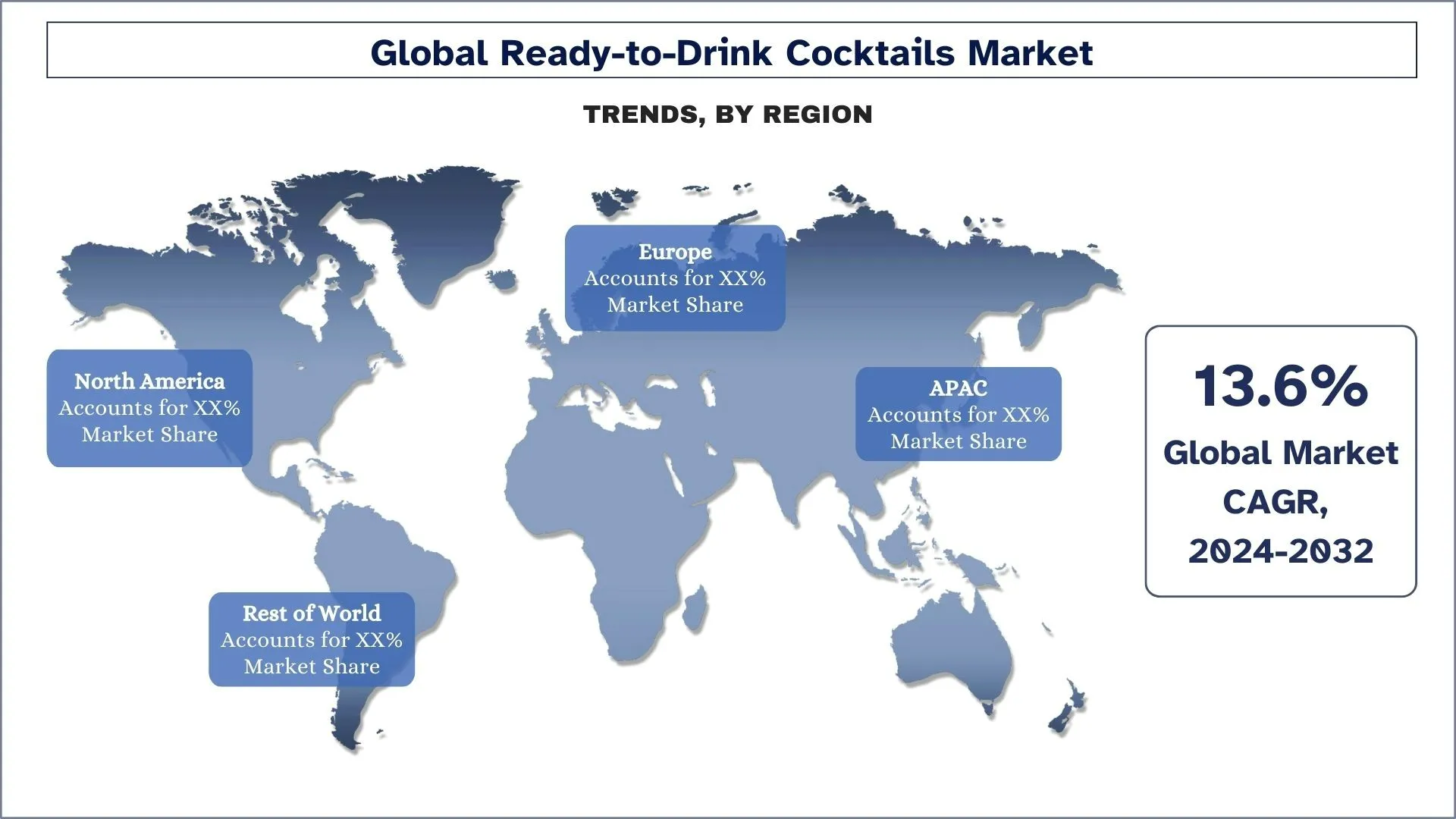
Ready-to-Drink Cocktails Branche Wettbewerbslandschaft
Der globale Ready-to-Drink Cocktails-Markt ist wettbewerbsintensiv, mit mehreren globalen und internationalen Marktteilnehmern. Die wichtigsten Akteure verfolgen unterschiedliche Wachstumsstrategien, um ihre Marktpräsenz zu verbessern, wie z. B. Partnerschaften, Vereinbarungen, Kooperationen, Produkteinführungen, geografische Expansionen sowie Fusionen und Übernahmen.
Top Ready-to-Drink Cocktails Hersteller
Einige der wichtigsten Akteure auf dem Markt sind Ranch Rider Spirits Co.; Delola Spritz; Diageo; Brown‑Forman; BACARDÍ; ASAHI GROUP HOLDINGS, LTD; Pernod Ricard; Halewood Sales; Suntory Global Spirits Inc.; Manchester Drinks
Globale Ready-to-Drink Cocktails Marktabdeckungsbericht
Details | |
Basisjahr | 2023 |
Prognosezeitraum | 2024-2032 |
Wachstumsdynamik | Beschleunigung mit einer CAGR von 13,6 % |
Marktgröße 2023 | 1,5 Milliarden USD |
Regionale Analyse | Nordamerika, Europa, APAC, Rest der Welt |
Wichtigste Beitragsregion | Es wird erwartet, dass Nordamerika den Markt im Prognosezeitraum dominieren wird. |
Wichtige abgedeckte Länder | USA, Kanada, Deutschland, Großbritannien, Spanien, Italien, Frankreich, China, Japan und Indien |
Profilierte Unternehmen | Ranch Rider Spirits Co.; Delola Spritz; Diageo; Brown‑Forman; BACARDÍ; ASAHI GROUP HOLDINGS, LTD; Pernod Ricard; Halewood Sales; Suntory Global Spirits Inc.; Manchester Drinks |
Berichtsumfang | Markttrends, Treiber und Einschränkungen; Umsatzschätzung und Prognose; Segmentierungsanalyse; Angebots- und Nachfrageseitenanalyse; Wettbewerbslandschaft; Unternehmensprofilierung |
Abgedeckte Segmente | Nach Typ; Nach Verpackung; Nach Vertriebskanal; Nach Region/Land |
Gründe für den Kauf des Ready-to-Drink Cocktails-Marktberichts:
Die Studie umfasst eine Marktumfangs- und Prognoseanalyse, die von authentifizierten wichtigen Branchenexperten bestätigt wurde.
Der Bericht gibt einen kurzen Überblick über die Gesamtleistung der Branche auf einen Blick.
Der Bericht umfasst eine eingehende Analyse prominenter Branchenkollegen, wobei der Schwerpunkt hauptsächlich auf wichtigen Finanzkennzahlen des Unternehmens, Artportfolios, Expansionsstrategien und jüngsten Entwicklungen liegt.
Detaillierte Untersuchung der Treiber, Einschränkungen, wichtigen Trends und Chancen, die in der Branche vorherrschen.
Die Studie deckt den Markt umfassend über verschiedene Segmente hinweg ab.
Tiefgehende regionale Analyse der Branche.
Anpassungsoptionen:
Der globale Ready-to-Drink Cocktails Markt kann weiter an die Anforderungen oder ein anderes Marktsegment angepasst werden. Darüber hinaus versteht UnivDatos, dass Sie möglicherweise Ihre eigenen geschäftlichen Anforderungen haben. Nehmen Sie daher Kontakt mit uns auf, um einen Bericht zu erhalten, der vollständig auf Ihre Anforderungen zugeschnitten ist.
Inhaltsverzeichnis
Forschungsmethodik für die globale Marktanalyse für trinkfertige Cocktails (2024-2032)
Wir haben den historischen Markt analysiert, den aktuellen Markt geschätzt und den zukünftigen Markt für den globalen Markt für trinkfertige Cocktails prognostiziert, um seine Anwendung in den wichtigsten Regionen weltweit zu bewerten. Wir haben umfassende Sekundärforschung durchgeführt, um historische Marktdaten zu sammeln und die aktuelle Marktgröße zu schätzen. Um diese Erkenntnisse zu validieren, haben wir zahlreiche Ergebnisse und Annahmen sorgfältig geprüft. Darüber hinaus haben wir ausführliche Primärinterviews mit Branchenexperten entlang der Wertschöpfungskette von Ready-to-Drink Cocktails geführt. Nach der Validierung der Marktzahlen durch diese Interviews haben wir sowohl Top-Down- als auch Bottom-Up-Ansätze verwendet, um die Gesamtmarktgröße zu prognostizieren. Anschließend setzten wir Marktaufteilungs- und Datentriangulationsmethoden ein, um die Marktgröße von Industriesegmenten und -subsegmenten zu schätzen und zu analysieren.
Markt Engineering
Wir haben die Datentriangulationstechnik eingesetzt, um die Gesamtmarktschätzung zu finalisieren und präzise statistische Zahlen für jedes Segment und Subsegment des globalen Marktes für trinkfertige Cocktails abzuleiten. Wir haben die Daten in verschiedene Segmente und Subsegmente unterteilt, indem wir verschiedene Parameter und Trends analysiert haben, darunter Art, Verpackung, Vertriebskanal und Regionen innerhalb des globalen Marktes für trinkfertige Cocktails.
Das Hauptziel der globalen Marktstudie für Ready-to-Drink Cocktails
Die Studie identifiziert aktuelle und zukünftige Trends auf dem globalen Markt für trinkfertige Cocktails und bietet strategische Einblicke für Investoren. Sie hebt die Attraktivität regionaler Märkte hervor und ermöglicht es den Marktteilnehmern, unerschlossene Märkte zu erschließen und sich einen First-Mover-Vorteil zu verschaffen. Weitere quantitative Ziele der Studien sind:
Marktgrößenanalyse: Bewertung der aktuellen und prognostizierten Marktgröße des globalen Marktes für Ready-to-Drink Cocktails und seiner Segmente in Bezug auf den Wert (USD).
Marktsegmentierung für Ready-to-Drink Cocktails: Zu den Segmenten in der Studie gehören die Bereiche Art, Verpackung, Vertriebskanal und Regionen.
Regulatorischer Rahmen & Wertschöpfungskettenanalyse: Untersuchung des regulatorischen Rahmens, der Wertschöpfungskette, des Kundenverhaltens und der Wettbewerbslandschaft der Ready-to-Drink Cocktails Industrie.
Regionale Analyse: Durchführung detaillierter regionaler Analysen für Schlüsselregionen wie den asiatisch-pazifischen Raum, Europa, Nordamerika und den Rest der Welt.
Unternehmensprofile & Wachstumsstrategien: Unternehmensprofile des Marktes für Ready-to-Drink Cocktails und die von den Marktteilnehmern angewandten Wachstumsstrategien, um sich in dem schnell wachsenden Markt zu behaupten.
Häufig gestellte Fragen FAQs
Q1: Wie groß ist die aktuelle Marktgröße und das Wachstumspotenzial des globalen Ready-to-Drink Cocktails-Marktes?
Der globale Markt für Ready-to-Drink Cocktails wurde im Jahr 2023 auf 1,5 Milliarden USD geschätzt und wird voraussichtlich mit einer CAGR von 13,6 % während des Prognosezeitraums (2024-2032) wachsen.
F2: Was sind die treibenden Faktoren für das Wachstum des globalen Ready-to-Drink Cocktails Marktes?
Konsumenten sind bereit, mehr für hochwertige RTD-Cocktails im Barkeeper-Stil zu zahlen, die mit Premium-Spirituosen, natürlichen Zutaten und handwerklich inspirierten Aromen hergestellt werden.
F3: Welches Segment hat den größten globalen Marktanteil für Ready-to-Drink Cocktails nach Typkategorie?
Die Kategorie der Malzgetränke hat den größten Anteil am globalen Markt für trinkfertige Cocktails nach Typsegment.
F4: Was sind die aufkommenden Technologien und Trends im globalen Markt für Ready-to-Drink Cocktails?
Marken führen kulturell inspirierte Geschmacksrichtungen ein, wie z. B. von Asien inspirierte, auf Soju basierende RTDs, lateinamerikanische Getränke mit Mezcal und mit indischen Gewürzen angereicherte Cocktails.
F5: Welche Regionen dominieren den globalen Ready-to-Drink Cocktails Markt?
Es wird erwartet, dass Nordamerika während des Prognosezeitraums den Markt dominiert.
Verwandt Berichte
Kunden, die diesen Artikel gekauft haben, kauften auch


